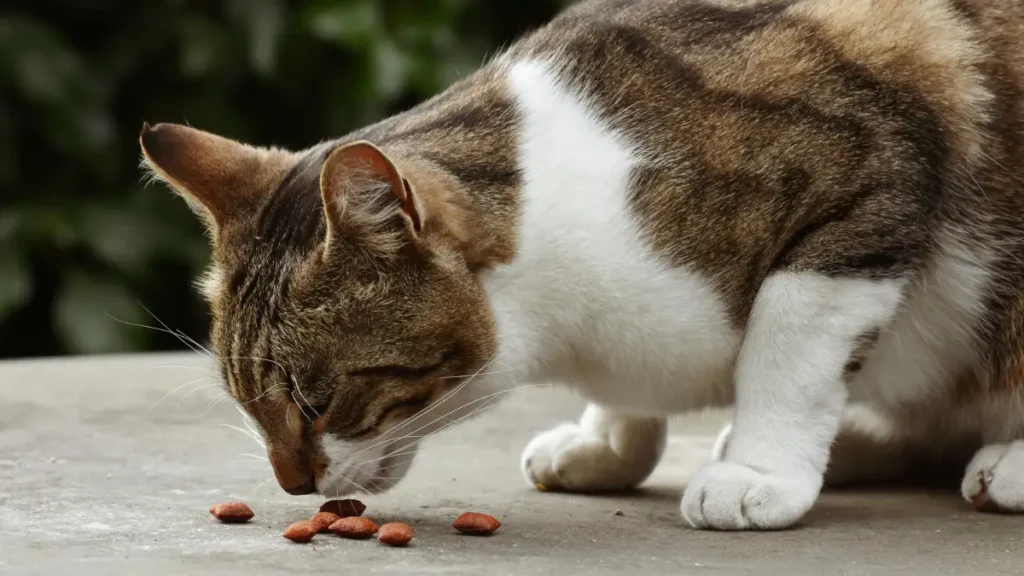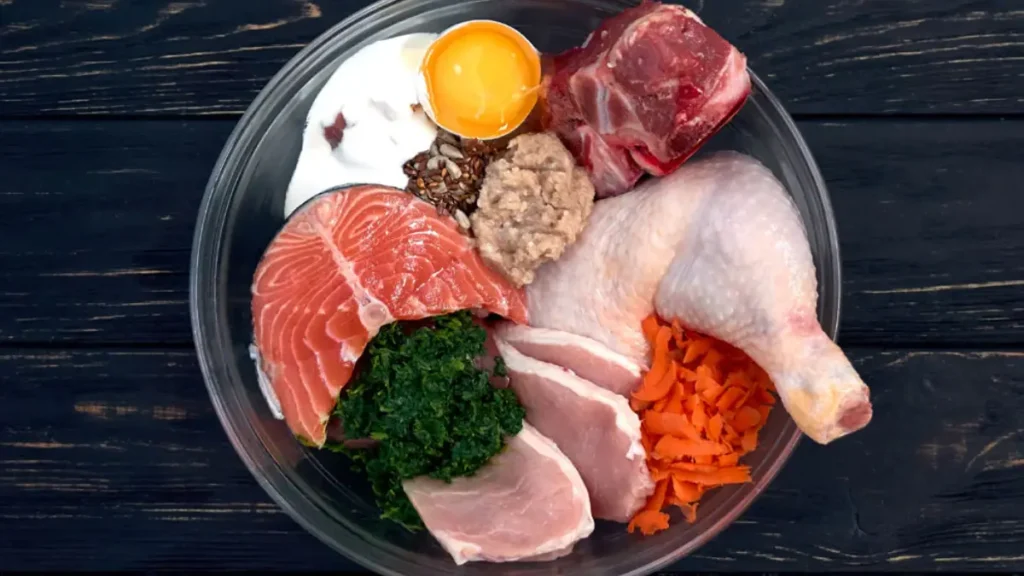Purrfectly Fed: Your Ultimate 2025 Guide to the Best Cat Diet
The Ultimate 2025 Guide to Optimal Cat Diets: What the Experts Recommend
As a pet parent, you want to give your feline companion the very best. With so many options on the market, it can be confusing to know what truly constitutes an optimal diet for a cat. Fortunately, leading veterinary and nutrition experts have a clear consensus for 2025, and it all comes down to a species-appropriate, balanced, and highly tailored approach to feline nutrition.
Here’s a breakdown of the key recommendations you need to know to ensure your cat is thriving.
1. High-Quality, Animal-Based Protein is Non-Negotiable
The single most important fact about your cat’s diet is that they are obligate carnivores. This means their bodies are biologically designed to get all their essential nutrients from animal tissue.
- What to look for: A high-quality diet must be centered on animal proteins like chicken, turkey, fish, and beef. These provide essential amino acids, such as taurine and arginine, that are vital for heart, vision, and overall health—nutrients that are often absent or insufficient in plant-based sources.
- What to avoid: Diets with excessive plant-based proteins (like corn or wheat gluten) and high carbohydrate fillers are discouraged, as cats have a limited ability to digest and utilize them.
2. The Right Balance of Fats and Low Carbs
A healthy cat diet should be naturally low in carbohydrates. Unlike humans and dogs, cats cannot effectively digest large amounts of starches.
- Essential fats: Fats are a crucial part of your cat’s diet, providing energy and supporting healthy skin and a shiny coat. Look for foods that include essential fatty acids, particularly omega-3s (often from fish oil) and omega-6s.
3. Hydration is King: Why Wet Food is Crucial
Cats have a naturally low thirst drive, which can put them at risk for urinary tract and kidney issues.
- Wet food: A diet that incorporates high-moisture wet food is a fantastic way to increase your cat’s daily water intake. Many experts recommend a mix of both wet and dry food to combine the hydration benefits of wet food with the dental benefits of dry kibble.
- Encourage drinking: Always ensure your cat has access to fresh, clean water. Consider a cat-friendly water fountain, as the sound and movement of running water can encourage many cats to drink more frequently.
4. Portion Control and a Feeding Schedule
Free-feeding—leaving a bowl of kibble out all day—can often lead to overeating and obesity, which is a major health problem for felines.
- Measure it out: Feed your cat at least two measured meals per day. This mimics their natural hunting and feeding behaviors and allows you to monitor their appetite for any potential health issues.
- Track their weight: Use a body condition scoring chart and regularly weigh your cat to ensure they are at a healthy weight for their age, breed, and activity level.
5. Tailor the Diet to Your Cat’s Needs
A one-size-fits-all approach doesn’t work for cat nutrition.
- Life stages: A kitten’s diet is vastly different from that of an adult or senior cat. Always choose a food formulated for your cat’s specific life stage.
- Special needs: If your cat has a specific health condition like kidney disease, diabetes, or a sensitive stomach, their diet must be adjusted accordingly, usually with veterinary guidance.
6. Modern Additions for Optimal Health
Today’s diets often include ingredients that go beyond basic nutrition to promote overall wellness.
- Gut health: Look for foods that incorporate prebiotics, probiotics, and dietary fiber to support a healthy digestive and immune system.
- Clean ingredients: Choose diets that minimize or completely avoid artificial colors, flavors, and preservatives.
The Bottom Line: Collaborate with Your Vet
The best diet for your cat is one that is designed in collaboration with your veterinarian. They can help you create a meal plan that is perfectly suited to your cat’s unique needs, and they can help you adjust it as your cat ages or if any health issues arise.
By focusing on these expert-recommended principles—high-protein, species-appropriate meals, controlled portions, and a strong emphasis on hydration—you are giving your cat the best possible chance at a long, healthy, and happy life.


